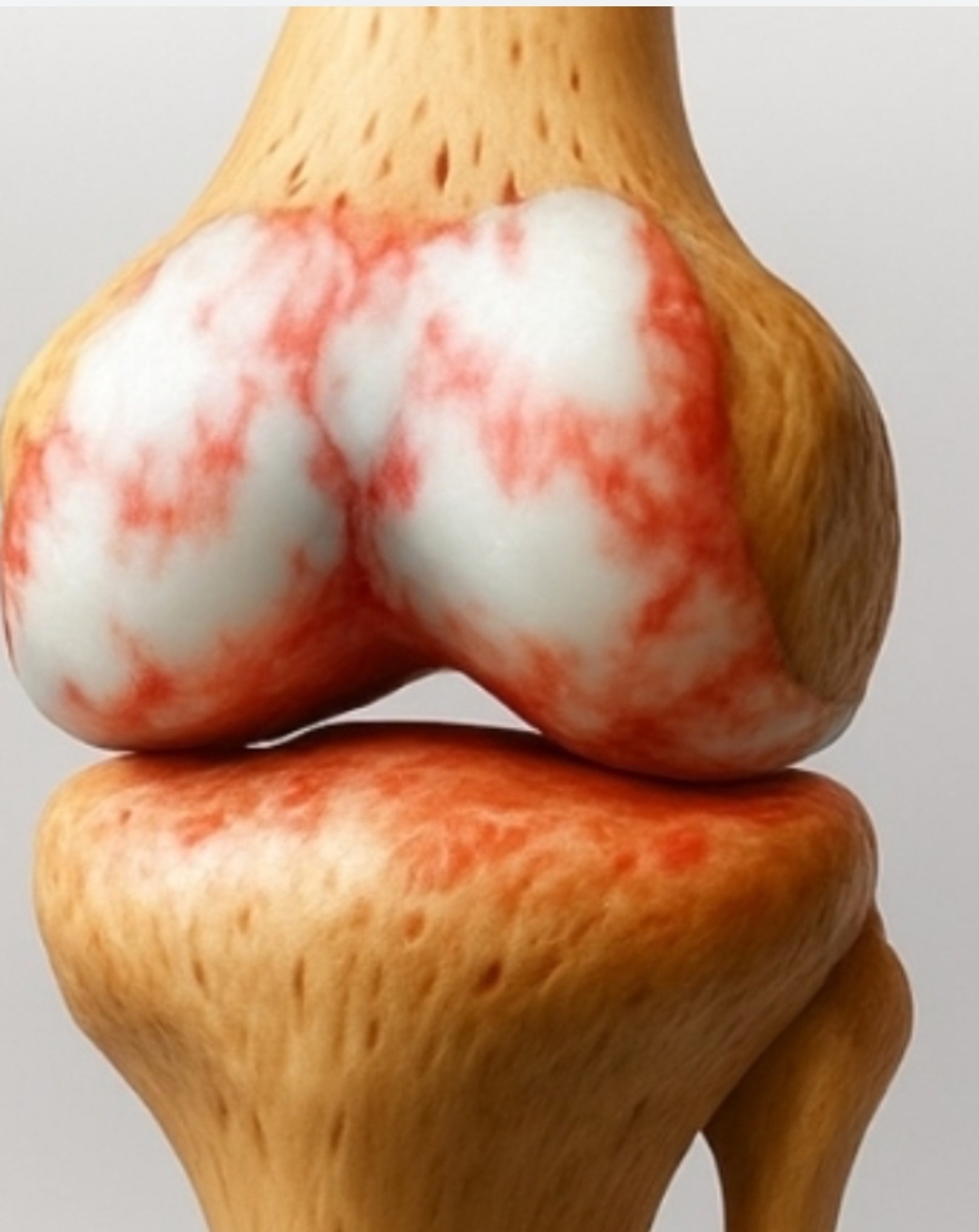Imagine a 97-year-old orthopedic doctor leaning in and whispering that one simple food you already know may help support your knees. It’s not a pricey pill or a complicated procedure—it’s a food you can add to your plate today. That idea alone is enough to make anyone curious, especially if stiff, achy knees have made your daily walks or even climbing stairs more difficult.Knee pain and cartilage wear are not small problems. For seniors, the loss of cartilage—the flexible tissue that cushions your joints—can mean reduced mobility, more discomfort, and in many cases, the fear of falling. Everyday activities like gardening, walking to the store, or playing with grandchildren can become painful hurdles. The truth is, by the time you reach your sixties and beyond, cartilage loss is common, and millions of older adults are looking for relief. While medical treatments exist, they can be costly, invasive, or come with side effects. This is why the idea of a natural, often-overlooked food being able to help is so captivating.But here’s the suspense: can food really play a role in cartilage health? Research indicates that certain foods are rich in compounds that may support joint wellness, reduce inflammation, and provide the building blocks your body needs. It may not rebuild knees overnight, but it can make a meaningful difference if paired with other healthy habits. Let’s count down to the food most often associated with joint support.Reason #5: Omega-3 rich foods. Think salmon, flaxseeds, or walnuts. These foods can help reduce inflammation, which often worsens knee discomfort. Mini-hook: Imagine calming that nagging stiffness simply by swapping your cooking oil for flaxseed oil.Reason #4: Antioxidant-packed vegetables. Spinach, kale, and broccoli contain vitamins C and K, which support collagen formation and bone strength. Collagen is the protein that forms part of cartilage.Reason #3: Turmeric and ginger. Some studies suggest that these spices may help lower joint inflammation and improve mobility. Mini-hook: That golden spice in your pantry may do more than just flavor your curry—it could help your knees feel lighter.Reason #2: Bone broth. This traditional food contains collagen, glucosamine, and chondroitin—compounds found naturally in cartilage. Sipping a warm cup may provide nutrients your joints can use.Reason #1: The food most orthopedic doctors point to—gelatin-rich foods. Gelatin, which comes from animal collagen, may support cartilage by providing amino acids like proline and glycine. These are the very building blocks your body uses to maintain joint tissues. When paired with vitamin C-rich foods like oranges or strawberries, your body may use these nutrients more effectively.So how can you put this into practice? You don’t need expensive powders or complicated recipes. Start by adding bone broth or gelatin-rich soups to your diet a few times a week. Combine this with vitamin C foods like citrus or bell peppers. Another simple step: sprinkle turmeric into your scrambled eggs or sip ginger tea daily. These foods may not replace medical care, but they can help create a nourishing environment for your joints. Always consult a healthcare professional before making significant changes, especially if you are on medication or have chronic health conditions.This doesn’t mean cartilage magically regrows in 24 hours, but some seniors report feeling improvements in stiffness and mobility surprisingly quickly when they consistently consume supportive foods. The body responds better when given the right tools. And remember, hydration and gentle movement like walking or stretching also keep joints lubricated and flexible.Here’s your challenge: pick one of these foods and add it to your meals this week. Maybe it’s a cup of bone broth, a spoon of ground flaxseed, or a dash of turmeric in your tea. It’s a small step, but it may help your knees feel supported in ways you didn’t expect.Try this small change this week and tell us what happened.This article is informational only and does not replace professional medical advice — recommend readers consult a qualified healthcare provider for personalized guidance.
Food Can Rebuild Knee Cartilage In Just

